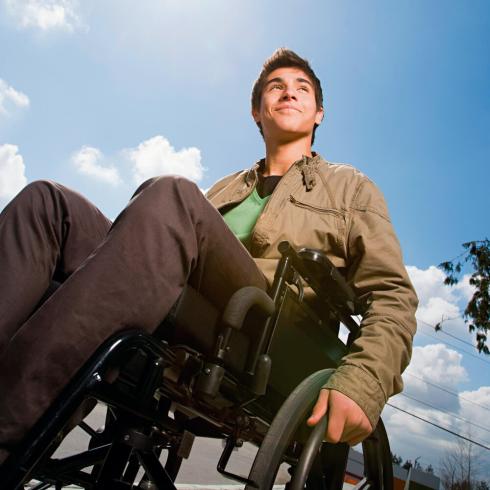
While I was pondering this focus I came across this quote from Sebastian Junger, a former war correspondent, about his book, Tribe: Homecoming and Belonging.
“It’s about why, for many people, war feels better than peace and can turn out to be a great blessing, and disasters are sometimes remembered more fondly than weddings or tropical vacations. Humans don’t mind hardship, in fact they thrive on it; what they mind is not feeling necessary”.
This quote really caught my attention and left me somewhat stunned. I struggled to accept that war could feel better than peace. I know that not everyone thrives on hardship; in fact many are crushed by it. But I do understand that people often respond positively to crisis situations and I very much resonated with the final statement that what people mind is not feeing necessary.
It is true that people often come together when faced with a crisis situation. I remember a friend in Ireland talking about moving to a new area and finding it hard to connect with neighbours. Then a heavy fall of snow trapped everyone in her estate. Suddenly people are out working together to clear a way out. When the task was done they all went round to one house for tea. A case of snow breaking the ice. There are a host of similar stories of how in the face of tragedy barriers between people come down and, at least for a time, they work collectively to deal with a situation that they all share. However, once the threat has passed, once the collective need is taken care of, the barriers go back up.
Finding ways to keep the barriers down is a challenge especially in societies where a high value is placed on the individual and on independence. With this comes a sense that we can go it alone and do not really need other people.
This kind of society is about the survival of the fittest where the strong will do well but the weak will be left increasingly vulnerable. Never have we had so many ways to connect and yet so many feel disconnected. Technology enables us to be in touch 24/7 with other people, with events local and international and almost any information we desire. Yet it would appear that the number of those who feel lonely, anxious and isolated is increasing.
There is little recognition that people need a “tribe” in order to survive. There is something special and necessary about face to face contact that technology cannot replace and this is what a “tribe”, be it family, neighbourhood, an organisation or religious community, can provide. However these days, family bonds are weaker than they once were, people do not know their neighbours so well, individual agreements have in some measure replaced collective bargaining in the work place and the number of those joining various organisations and church communities is dropping. It would seem that we are trying to go it alone and we have not evolved in a way that supports this. The isolated individual cut adrift from the herd or tribe is more likely to perish. Those who apply the notion of natural selection to society are fine with that as only the genes of the strong will be passed on. Those who have compassion as a core value are not fine with that and seek to help people find their place and their contribution which may be in a form that is often unseen and unappreciated.
So the message of this year’s Social Justice Week is an important one for our times. We need others and they need us. Everyone has a part to play.
Columban Fr Patrick O’Shea lives at St Columban’s, Lower Hutt, New Zealand
Listen to Reflection - A case of snow breaking ‘the ice’
Related links
- Read more from The Far East, January/February 2019
- Read more from the current Columban eBulletin

Comments (0)